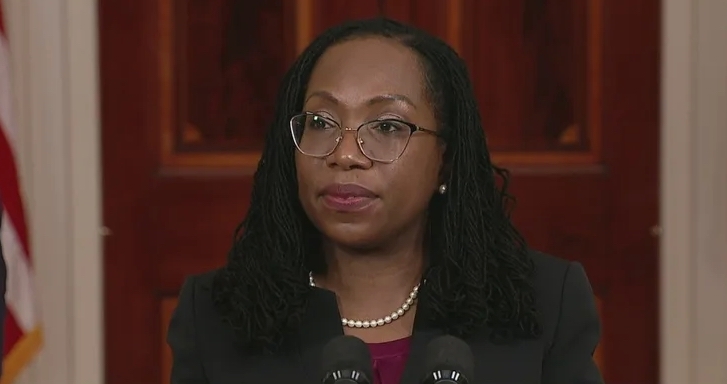Nicole Divers writes for the Martin Center about a bill on Capitol Hill that would boost campus free-speech protections.
Last month, North Carolina Congressman Greg Murphy introduced federal legislation aimed at combating this censorship and protecting free speech rights at colleges and universities.
The bill, the Campus Free Speech and Restoration Act, seeks to “ensure that public institutions of higher education eschew policies that improperly constrain the expressive rights of students.” It amends the Higher Education Act of 1965 by requiring campuses to uphold free speech rights in order to receive Title IV funding. Under this amendment, public universities would be explicitly prohibited from limiting “religious expression, free expression, or any other rights provided under the First Amendment to the Constitution of the United States.”
Another provision prohibits the implementation of free speech zones which limit speech to certain times and locations on campuses. Often, the designated zones are in areas that are less frequently trafficked thereby lessening the impact of student demonstrations. Under the proposed law, schools would only be able to limit speech through means that are content neutral, least restrictive, necessary to achieve a compelling interest, and allow for alternative and spontaneous demonstration.
The proposed legislation also condemns bias response teams—teams usually made up of students and faculty that track and investigate instances of alleged discrimination. On some campuses, bias response teams are also responsible for bias prevention and disciplining offenders. The bill states that “bias reporting systems are susceptible to abuses that may put them at odds with the freedom of speech guaranteed by the First Amendment to the Constitution of the United States.”
Murphy’s legislation also calls for more transparency from both public and private universities by requiring them to publicly share their speech codes. Currently, schools can require university logins to access their speech codes, so that prospective students are unable to assess the school’s policies on speech.


